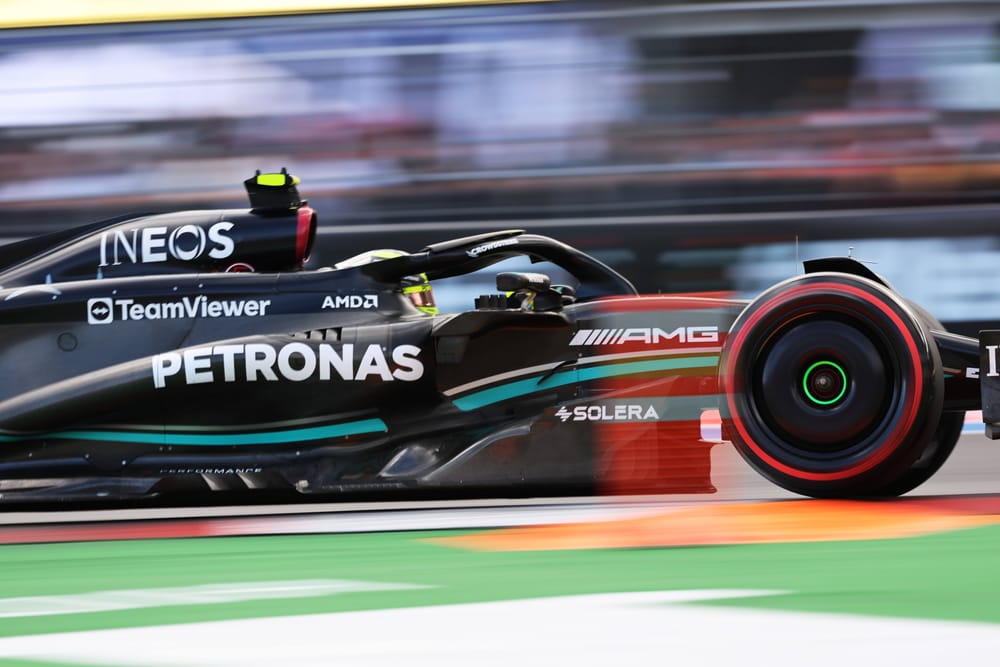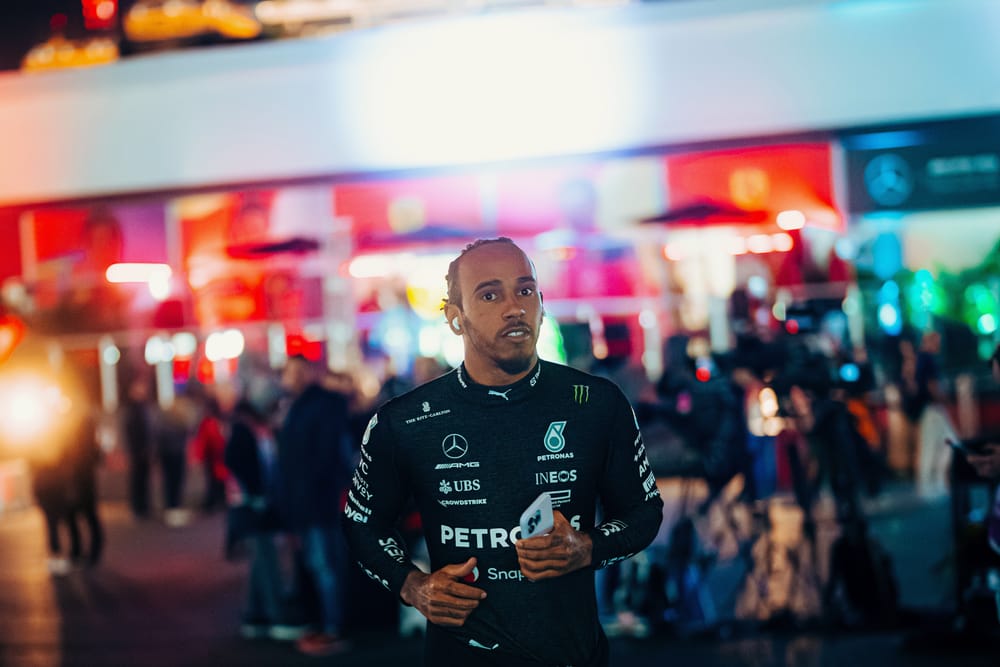Up Next

Over seven months on from returning to his role as Mercedes Formula 1 technical director, what has James Allison achieved?
The nature of long lead times in F1 means that measuring a technical director's success by immediate on-track progress has limited value - he was never going to return the team to its former title-challenging glory within 2023.
Instead of instantly turning around the fortunes of the team, taking on the mantle of technical director is all about locating the flaws that are holding the team back, before then more importantly implementing changes to address them.
That's at the heart of the most important impact Allison believes he's had on a "fragmented" Mercedes since returning to the role he vacated two years ago.
"Actually the role I can play is much less technical and much more human than people might guess," Allison explained to the Performance People podcast.
"The team is stuffed full of very strong engineers and very high-level technical competence. And so I don't need to teach anything to anyone and in most cases couldn't even if I wished to.
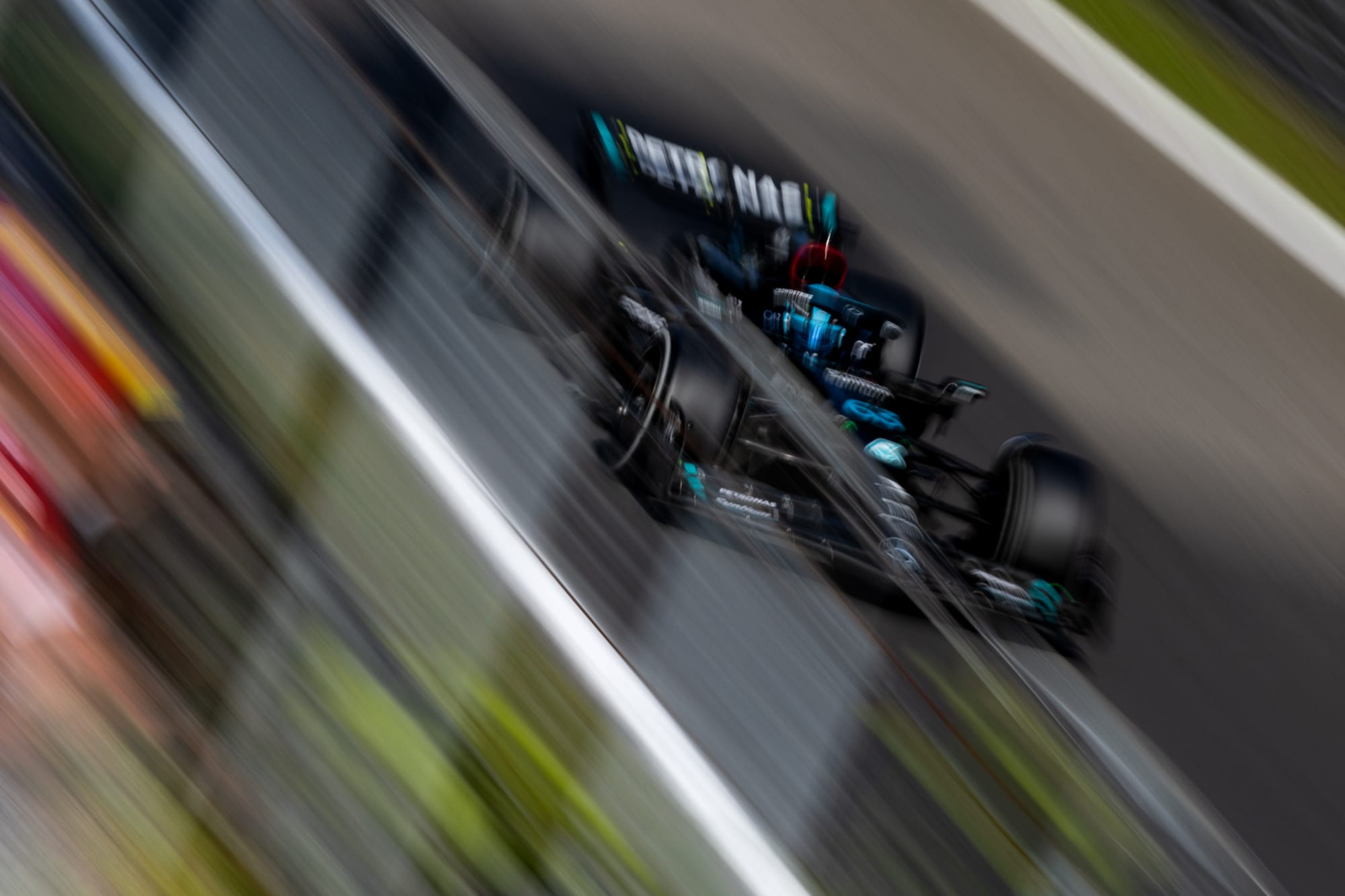
"So it isn't a technical input particularly that I provide or that anyone who is lucky enough to sit in my seat provides. The more precious thing for someone in the role of technical director is whether or not we can find it within ourselves to work in a way that allows all the technical skills to be harnessed effectively.
"When a team has been on a very high plateau for quite a large number of years, for quite a long period of time, and then takes a dip, for whatever reason, it's very disorientating, it's very unpleasant to suddenly feel that what you've previously felt about yourselves as a group has been [shaken], the foundations of that have been loosened by the reality of the stopwatch and being beaten by another team.
"It shakes the confidence of an organisation and it also puts a lot of very short-term pressures on a company that's been used to thinking further ahead and the short-term pressures are...that the car is poor and the results are poor and they must improve and the call of that is very loud, completely natural but very loud, nevertheless.
"It rouses people to action but the action can tend to be that all the disciplines in the company - the aerodynamics, the vehicle dynamics, the drawing office, all the specialisms that are necessary, that work together to create a good car - that each of them can sort of scatter on the four or five, six winds to their individual corners, to do what they can do or contribute in the way they think is best, driven by this very loud call that the car needs to improve.
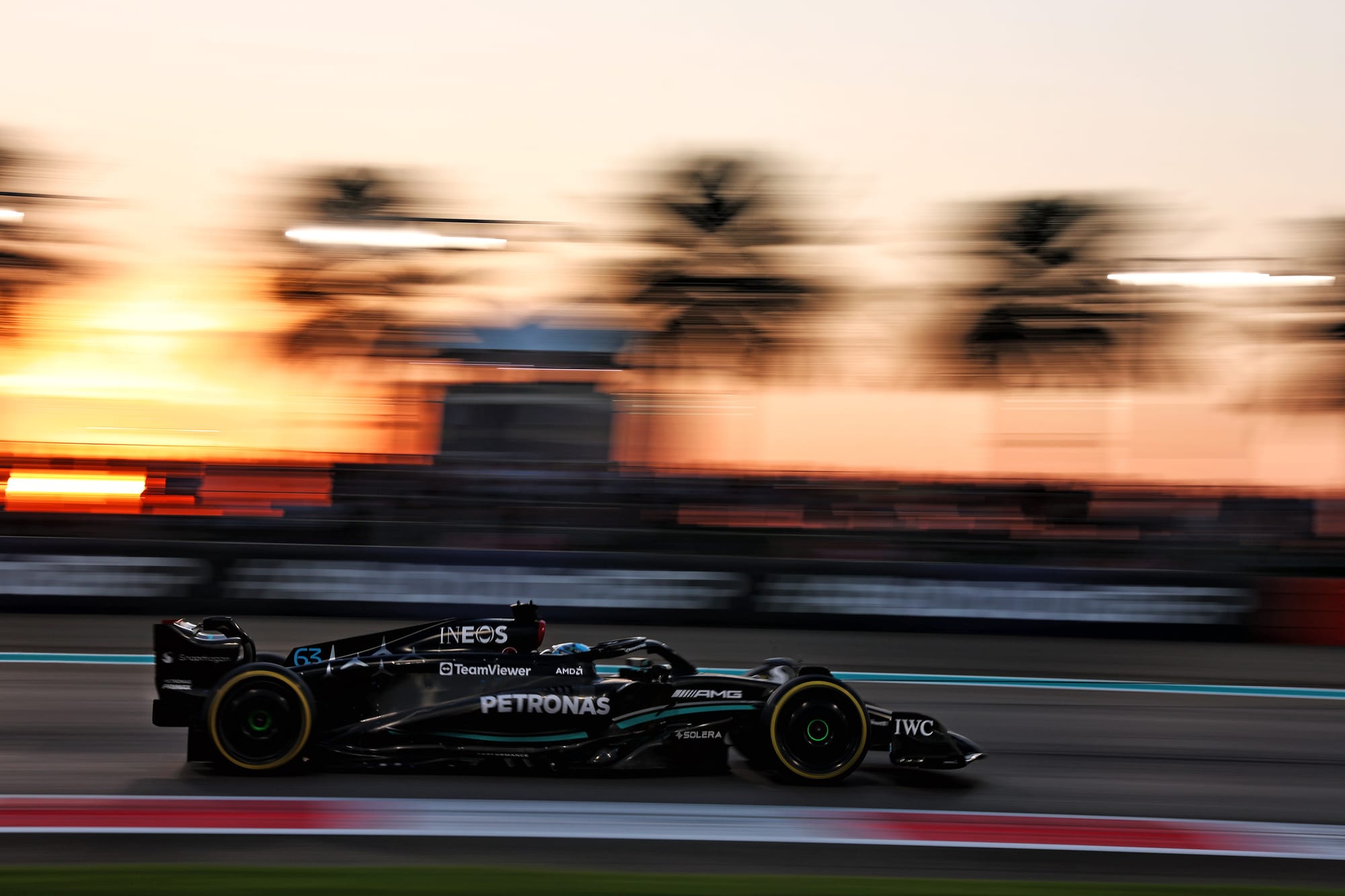
"And if you're not careful, then those groups can stop talking to one another because they're all head down, trying to fix what they see as their part in making the world a better place.
"And probably the most destructive pattern that we as a group got into over that difficult period from when our crown first slipped, was that we fragmented more than we should have done. Not because anyone fell out with anyone, far from it. In fact the spirit in this place, considering the pressure it's been under, has been incredibly resilient.
"But everyone's natural desire to contribute to a recovery was a little fragmented and I would say if I've had any effect that's been of a positive thing, it's been to try and draw that back together. To try and get the main engineers who are leading the main divisions in the company to talk to one another more, to try to take off their shoulders some of the immediate pressure and just dampen down the shout that is coming from the car and to focus on coordinating our work because if we do that, the world will improve and the call from the car will quieten on its own.
"That's mostly what I've been up to since coming back to the technical director role. That's got nothing to do with nuts, bolts, springs, dampers, wings, floors. It's just human stuff. But nevertheless, that human stuff becomes more and more important the further you are up the food chain and the more fortunate you are with the role that you're given in the company."
Allison went on to explain how he ensures the heads of each department better communicate with each other.
"With the folk who have at their fingertips important slabs of the company, so Shov [Andrew Shovlin] who looks after all of the racing side of things, Loic [Serra] who looks after the vehicle dynamic things, John Owen who does the drawing office, Jarrod Murphy who looks after everything aerodynamic, other names too like [head of trackside performance] Riccardo Musconi, [Allison's role is to] just bring those important folk together and ask a few questions of them," he added.
"The answers of which are only possible if they spend a bit of time talking to one another. And the fact they then spend the time talking to one another automatically means they'll coalesce around a jointly agreed programme of activity to get those answers.
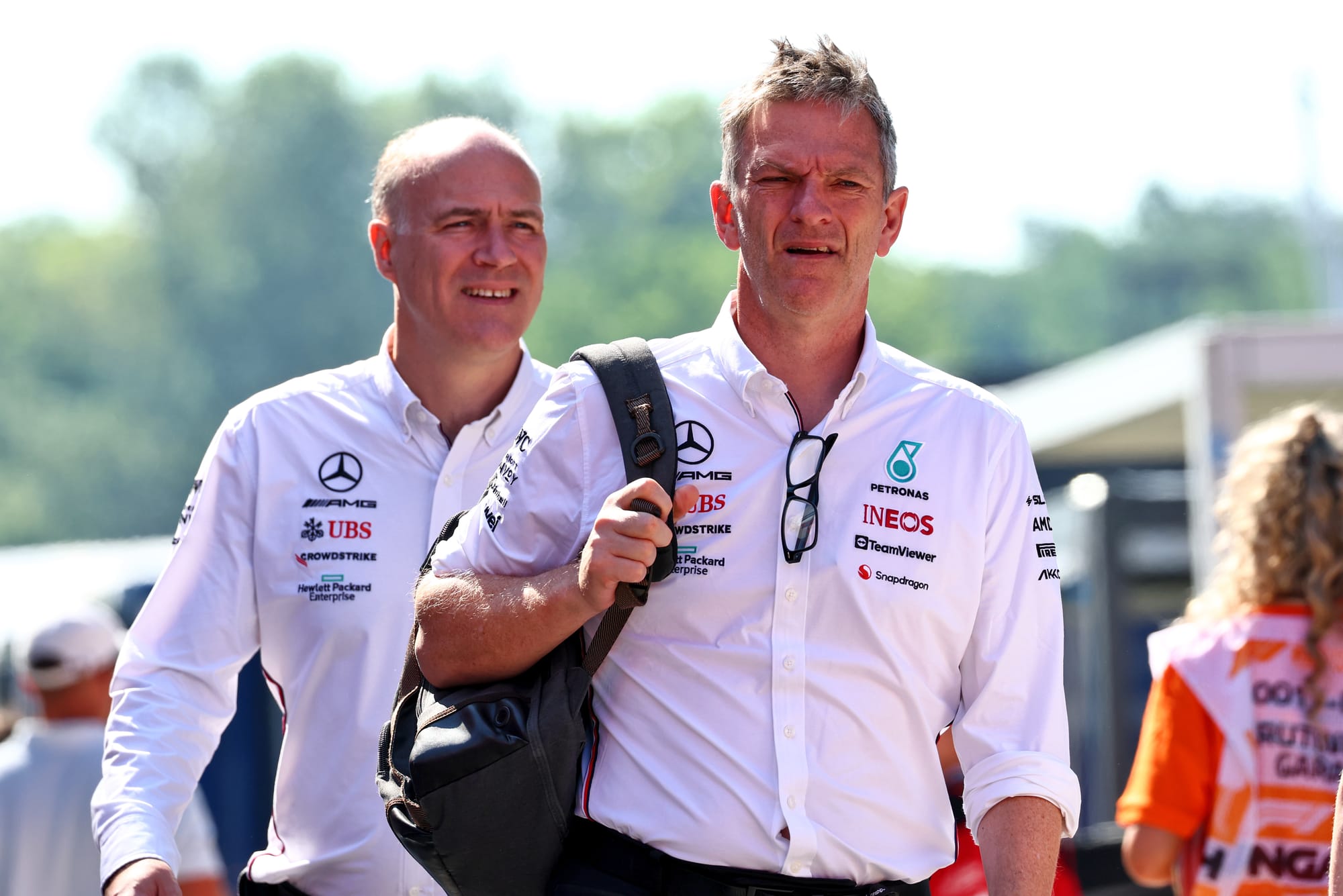
"It doesn't take long before people fall back into that habit of leaning on each other rather than working individually because actually, it's way more fun that way.
"So it's not [me] coming in and saying, 'Well, we need to get the car three millimetres lower and spring needs to go to that', we know how to do that because that requires people who are in the depth of the detail, who are resources that are under the control of that layer of more senior people that I just described.
"Those people down in the engine room of the team, they need to be given the confidence by their own leaders to work on areas that are maybe going to help and do so in a manner which is linked up across the company."
The first test of Allison's refocused Mercedes technical team will come in 2024, but the seeds of the success or failure of his changes have long been sown.


